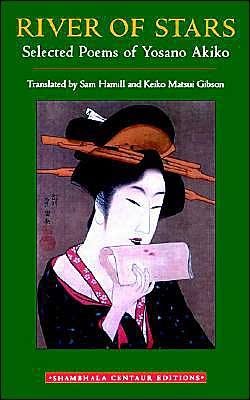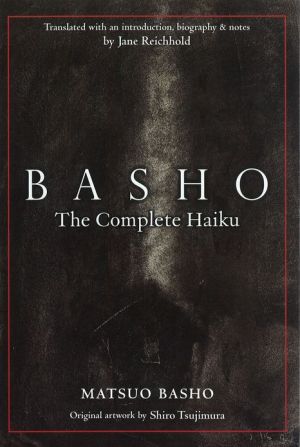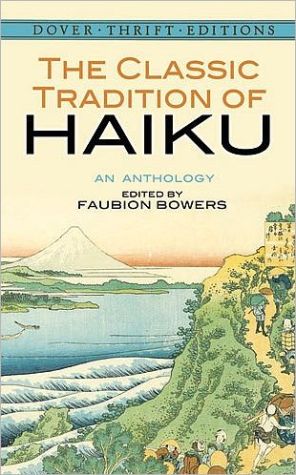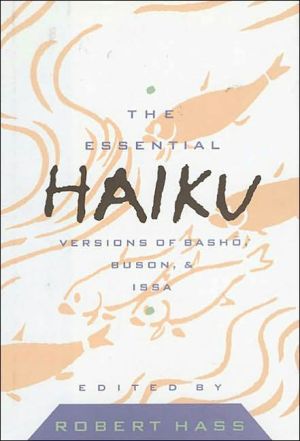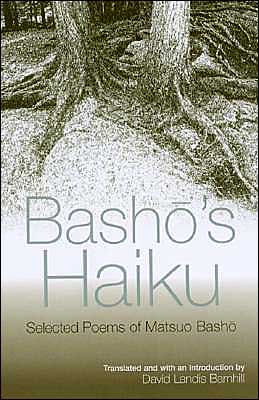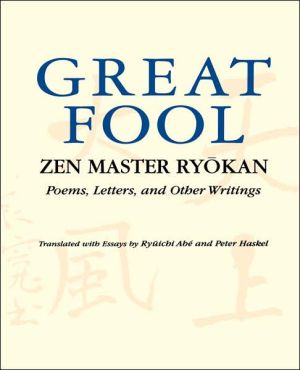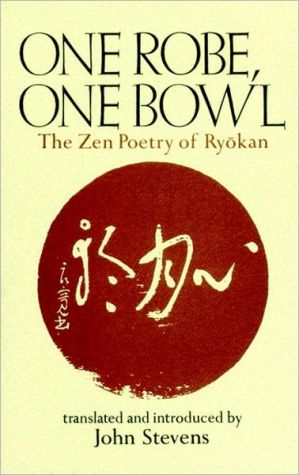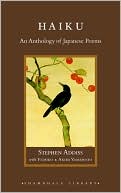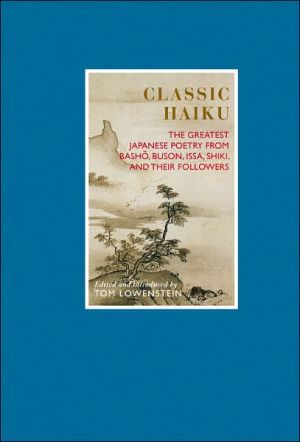River of Stars: Selected Poems of Yosano Akiko
Yosano Akiko (1878-942) is one of the most famous Japanese writers of the twentieth century. She is the author of more than seventy-five books, including twenty volumes of original poetry and the definitive translation into modern Japanese of the Tale of the Genji. Although probably best known for her exquisite erotic poetry, Akiko's work also championed the causes of feminism, pacifism, and social reform. Akiko's poetry is profoundly direct, often passionate, exposing the complexity of...
Search in google:
Yosano Akiko (1878-942) is one of the most famous Japanese writers of the twentieth century. She is the author of more than seventy-five books, including twenty volumes of original poetry and the definitive translation into modern Japanese of the Tale of the Genji. Although probably best known for her exquisite erotic poetry, Akiko's work also championed the causes of feminism, pacifism, and social reform. Akiko's poetry is profoundly direct, often passionate, exposing the complexity of everyday emotions in poetic language stripped of artifice and presenting the full breadth of her poetic vision. Included are ninety-one of Akiko's tanka (a traditional five-line form of verse) and a dozen of her longer poems written in the modern style.Publishers WeeklyAkiko (1878-1942) was so respected among Japanese poets that the period in which she wrote is nicknamed the Age of Akiko. Famous for her cornerstone translation into modern Japanese of The Tale of Genjii, she also single-handedly redeemed the well-worn tanka, a traditional form employing five lines with a standard syllable count (5-7-5-7-7). Many of the tankas are frankly erotic: "Testing, tempting me/ forever, those youthful lips/ barely touching the/ frosty cold drops of dew/ on a white lotus blossom." With her imagistic use of the form, she employed a fresh, personal perspective not unlike that found in the free verse of her modernist counterparts in the West. Though Akiko wrote a stunning 17,000 tankas during her lifetime, 91 have been selected and seamlessly translated by Hamill and Gibson for this volume. Unfortunately, Akiko's longer poems, free-verse efforts here dubbed "modern-style poems," are didactic. Poems like "Women Are Plunder," which chastises women who shop too much in department stores, show Akiko making socialist and feminist pronouncements. They are of great contextual and social significance, but they lack the elegance of the tankas. But at its best, in the tankas, Akiko's verse exhibits a powerful simplicity and grace that make this volume one of much more than historical interest. (Apr.)
IntroductionTanka1Mountain Moving Day105The Only Question106A Wish about Poetry107The Universe and Myself109Self-Awareness110Women Are Plunder111The Town of Amazement116Cold Supper119You Shall Not Be Killed, Brother!122Love125First Labor Pains126A Blow from My Son August128Index of First Lines131About the Translators and the Artist134
\ Publishers Weekly - Publisher's Weekly\ Akiko (1878-1942) was so respected among Japanese poets that the period in which she wrote is nicknamed the Age of Akiko. Famous for her cornerstone translation into modern Japanese of The Tale of Genjii, she also single-handedly redeemed the well-worn tanka, a traditional form employing five lines with a standard syllable count (5-7-5-7-7). Many of the tankas are frankly erotic: "Testing, tempting me/ forever, those youthful lips/ barely touching the/ frosty cold drops of dew/ on a white lotus blossom." With her imagistic use of the form, she employed a fresh, personal perspective not unlike that found in the free verse of her modernist counterparts in the West. Though Akiko wrote a stunning 17,000 tankas during her lifetime, 91 have been selected and seamlessly translated by Hamill and Gibson for this volume. Unfortunately, Akiko's longer poems, free-verse efforts here dubbed "modern-style poems," are didactic. Poems like "Women Are Plunder," which chastises women who shop too much in department stores, show Akiko making socialist and feminist pronouncements. They are of great contextual and social significance, but they lack the elegance of the tankas. But at its best, in the tankas, Akiko's verse exhibits a powerful simplicity and grace that make this volume one of much more than historical interest. (Apr.)\ \
